Could micro-financing work for healthcare?
Judia Waithera has three children but she spends most of her time looking after only one, Nancy. The four-year-old suffers from cerebral palsy and the slightest fever gives her violent convulsions.
Before Access Afya opened a clinic in her neighborhood, Judia had to spend endless hours waiting in hospitals only to get conflicting advice from doctors who didn’t know Nancy’s history. Now, she can get her daughter the attention she deserves from a clinician who she trusts.
Still, Nancy’s medication can cost up to $10 a week – that’s about a week’s wages for Judia. And she is not alone. Many of Kenya’s poor citizens struggle to pay for medication or lab tests, which often leads to dangerous practices like self-prescribing or postponing treatment.
This is why Access Afya has partnered with Sasa Finance to launch an innovative health care micro-financing initiative. Now, Judia can get an instant loan to buy her daughter’s medication, which she then repays in small installments by working as a housemaid. “I am so grateful,” says the 36-year-old mother, “I don’t know what I would do without this.”
The system is fast and intuitive. For only $0.30, our patients can take out a loan of up to $5.00. They then have a month to repay at their convenience, via their mobile phones. Since the start of the program in September 2016, we have issued 534 loans.
The Challenge
The issue of healthcare financing is a controversial one – especially in underserved communities. Experts have rightly pointed out the risk of indebting already vulnerable families or potentially inhibiting customers from seeking medical care if they have not repaid a loan.
But those fears do not negate the vast need for health financing for millions of people around the world. So Access Afya is taking the lead in testing the micro-loan model. As a tech-savvy company, we believe in learning by doing and we think that the success of small-scale financing in other industries shows the potential benefits of this service for healthcare.
Our Solution
We have chosen Sasa Finance as our partner because they are committed to building better products for the base of the pyramid and have a deep understanding of the Kenyan market. What’s more, they are willing to handle repayment, which means our customers don’t fear returning to Access Afya, even if they have a pending balance.
Offering financing options is a way to reward our patients’ loyalty and collect precious data that will help Access Afya better understand cash flows in the communities we serve.
We believe this is not a new behavior for our clients. Micro-loans happen informally through personal networks anyway. Credit is in fact not so different from savings for disadvantaged families. Instead of saving small amounts in order to pay for the service in the future, our micro-loan allows them to afford the treatment as soon they need it and then save up to repay it.
Next Steps
To be sure, this is just the initial stage and we are still a long way away from identifying the perfect health care-financing model. So far, the loans have a 53 percent repayment rate – which Sasa acknowledges is high given the newness of the market and the lack of collateral, but should be improved.
Our customer care representative, Georginah Ndanu, is currently interviewing many of the patients who didn’t repay the loan. Thanks to their feedback, we are already tweaking our approach to clarify the terms of service, improve the follow-up process and provide incentives for repayment.
By December 2017 we will have gathered information on 1074 of users and will be able to draw broader conclusions on the behaviors of Kenya’s poorest urban communities and the feasibility of this innovative financing solution.
We want this data to serve not only Access Afya but all other players trying to expand health care options in underserved communities. As our CEO Melissa Menke puts it, “the potential benefits of health-financing are too great for us not take risks.”
